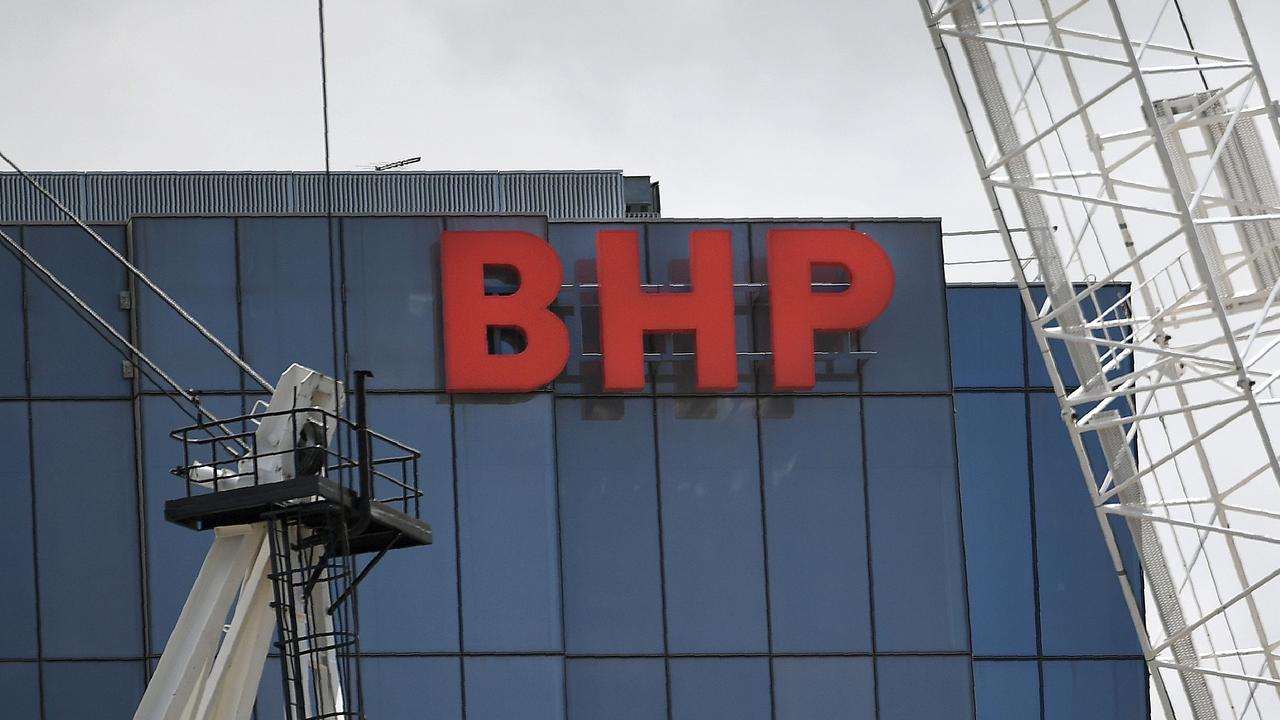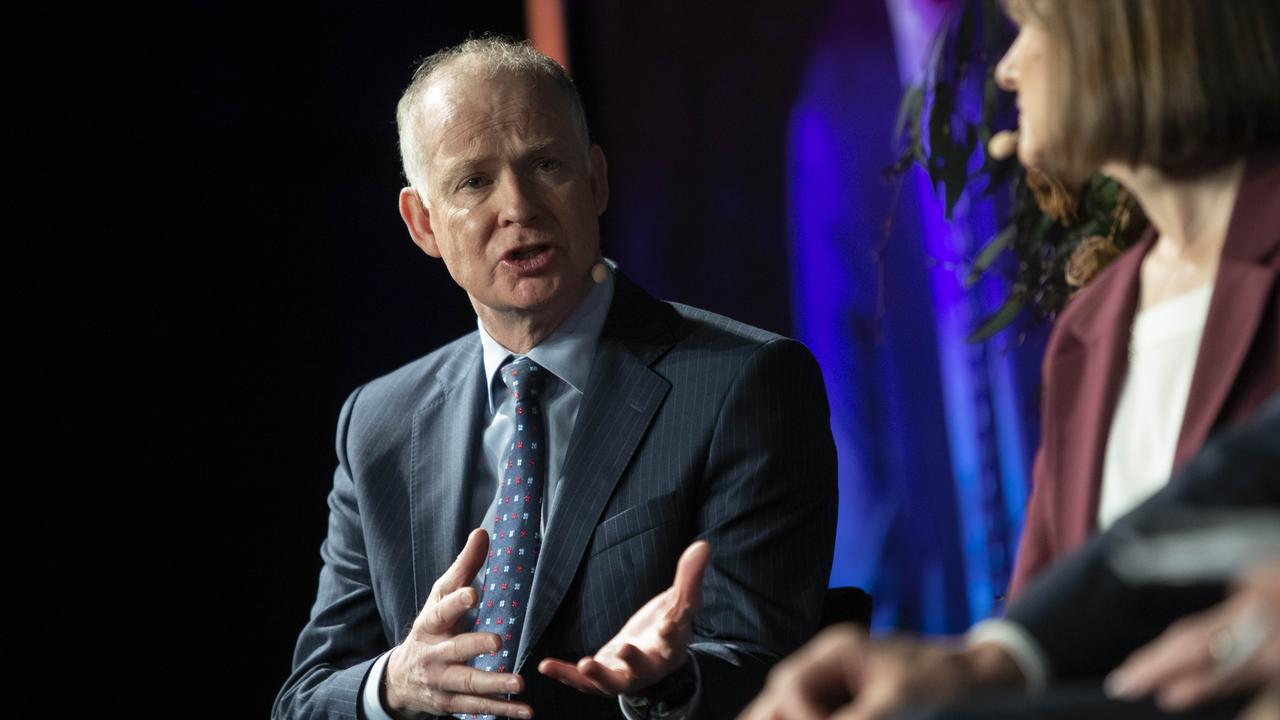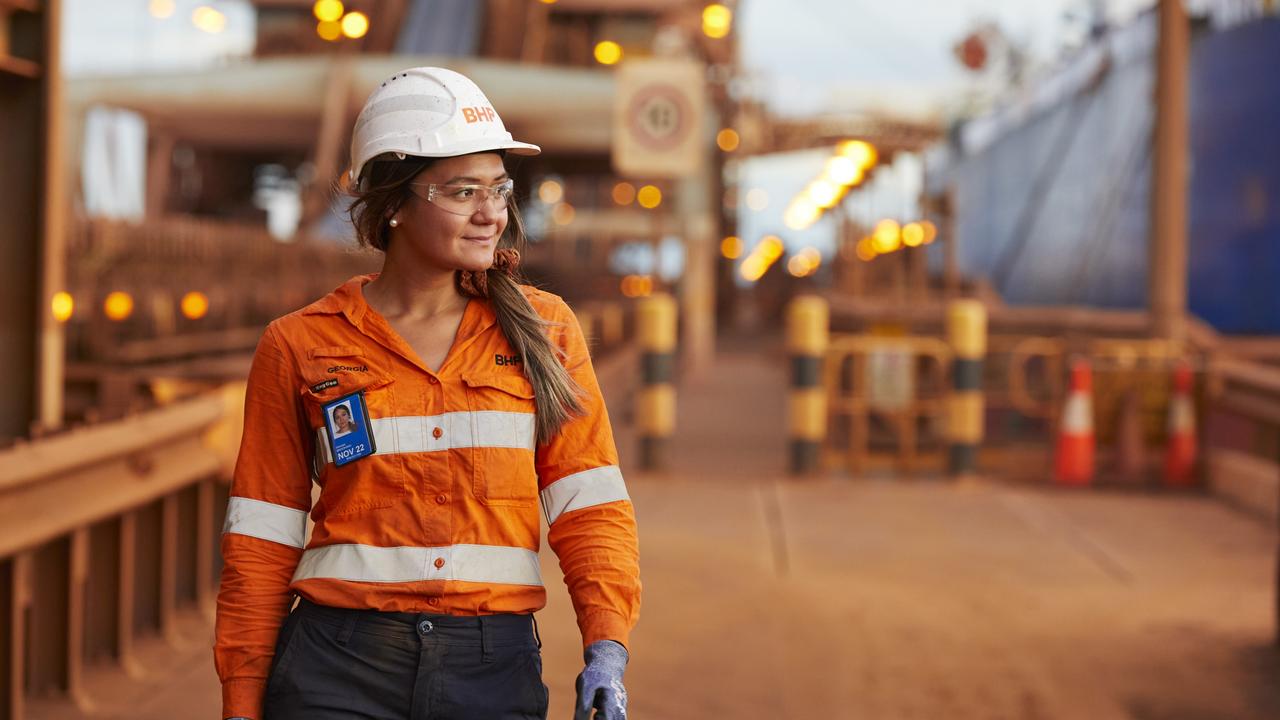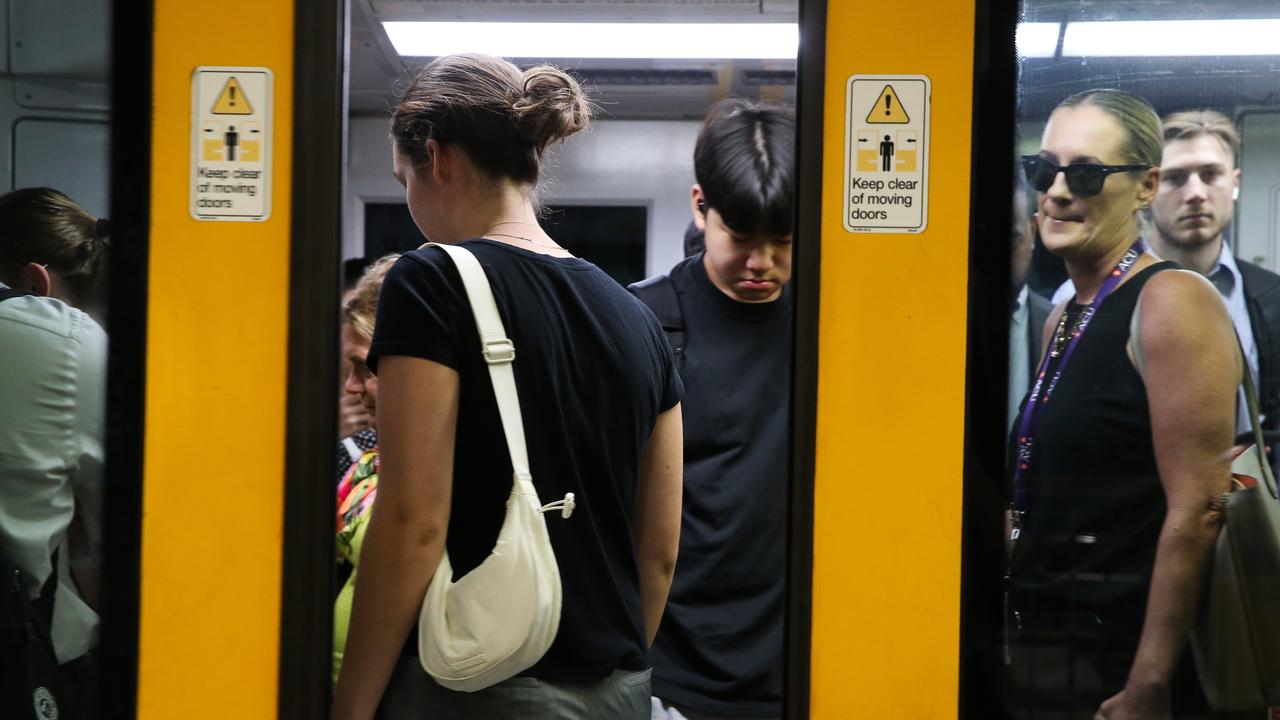BHP boss reveals he ‘can’t find’ skilled migrant workers due to pandemic
The largest company in Australia has dropped a bombshell at a Melbourne event, revealing the scale of a problem that is hurting everyone.
The largest company in Australia can’t find workers.
Specifically, skilled migrant workers.
That’s the revelation from mining giant BHP’s chief financial officer – a bomb he dropped on business leaders at a forum in Melbourne this week.
David Lamont says the situation is not unique to BHP. It is an Australia-wide problem, but it is not exclusive to Australia. And the flow on effect is impacting everything.
Mr Lamont was discussing the desire for “certainty” in a world where, courtesy of the Covid-19 pandemic and the war in Ukraine, everything is uncertain.
“We need to plan for not just tomorrow but for five, 10, 15, 20 years’ time,” he told The Australian’s Strategic Business Forum last week.
He said one of the major problems standing in the way of Australia’s bounce back is the shortage of labour. For big business, it is specifically a shortage of migrant workers driven by two years of closed borders.
Want a streaming service dedicated to news? Flash lets you stream 25+ news channels in 1 place. New to Flash? Try 1 month free. Offer ends 31 October, 2022 >

While borders are now open again, the workers have not returned... to anywhere, it seems.
“I’d like to find that black hole where everyone’s run to because we’re struggling to find them,” Mr Lamont said.
“The biggest issue for us is actually not so much the cost of labour but the shortage of labour.
“We previously have been able to rely on immigration to assist here in Australia to offset some of the wage needs that we have, whether that’s a cleaner at a worksite all the way through to our skilled staff that we need to operate the business.
“So labour productivity is a key focus, but skills and the shortage of skills is also the major issue for us, if you have a look not only directly in our own operations, but the communities that we operate within.”
Asked where the workers have gone, Mr Lamont said he had not seen them anywhere during trips abroad in the last several months.
“It’s a really good question because I don’t know the answer to that because [I’ve] been travelling around the world recently and I don’t know of any economy that I go to – everyone’s struggling for labour,” he said.

“A fair [bit] of that, I think, is probably [because of Covid-19], but people have [also] rethought how they actually want to work.
“We’ve got a lot more part-time people into the economy but certainly I think immigration has played a part in various parts of the world.”
The lack of skilled migrant workers coming to Australia has forced Western Australia Premier Mark McGowan to demand help from the Federal Government.
His Government this week launched a register to connect businesses in WA with workers overseas.
The West Australian reports that unprecedented labour shortages are “crippling growth across industries as well as a basic service delivery in areas like health and aged care”.
But industry leaders say Australia is no longer a first-choice destination for workers.
Deloitte’s national immigration lead Fiona Webb says skilled migrants don’t want to work in Australia because it has developed a bad reputation abroad.

She said they were accepting jobs in different parts of the world because they were wary of Australia’s border situation and because they could not wait for visa approvals.
“The slow nature of our [visa] processing, coupled with the uncertainty about the path to getting permanent residence in Australia, means employers are losing good candidates to other markets,” she told The Australian.
“These candidates often have offers on the table from two or three countries.”
The problem is compounded, she said, as Australia watches its own skilled workforce walk out of the door.
“Add to that, we are about to get an outflow from Australia as the 18 to 25-year-old group wants to go overseas again, now they have got the ability to do so,” she said.






